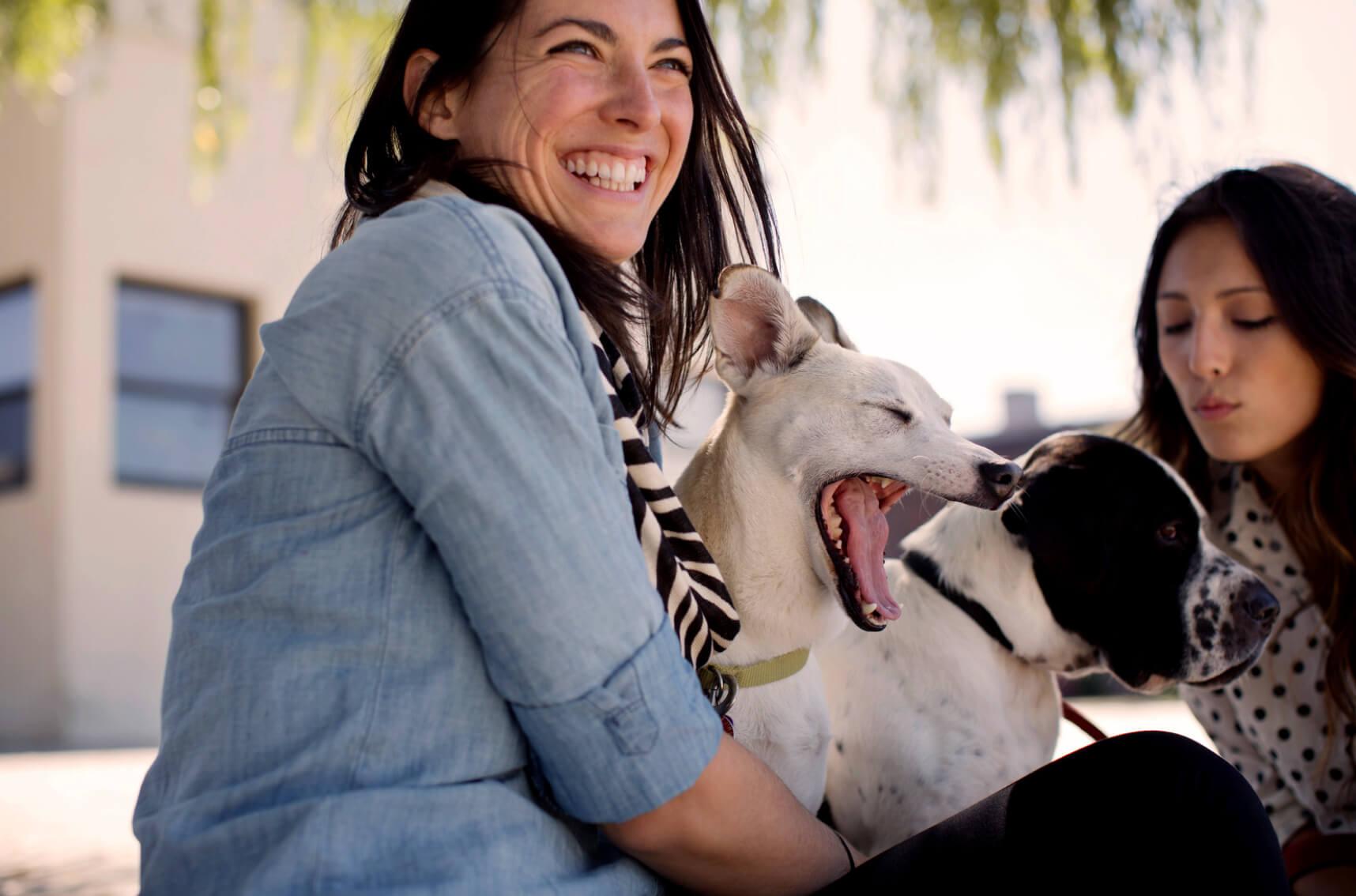Ever sat in the toilet for hours just hoping for the stomach to somehow get cleared? So much so that you were willing to drill a hole in your stomach just to get everything out? Your dog may feel the same sometimes.
Not being able to pass stool regularly can be categorised as constipation in dogs. Normally, the stool is full of water and electrolytes and is pushed through the intestines to the colon by an automatic muscular motion called peristaltic waves. The water gets absorbed in the colon and the stool is let out. In case this process is hampered, the colon absorbs more water making the stool drier and harder and hence difficult to pass.
This may be a temporary condition but sometimes can be a lasting issue. The dog may end up retaining the hard and dry stool in the digestive tract itself. This is called as obstipation and is a chronic problem. The dog will not be able to defecate at all in such a case. This can lead to multiple other problems and sometimes even severe. Hence, it is important to know what causes constipation in dogs, how to identify it and how can it be prevented.
Causes of Constipation in Dogs
The causes for your dog to not be able to pass stool properly range from lack of exercise to cancer. They include –
Lack of fiber – This reason common for both dogs and humans. Apart from that, Bones, bone meal, and other sources of dietary calcium can also contribute to constipation.
Lifestyle – A sedentary lifestyle with a lack of exercise often causes slow movement of stool.
Dehydration – Electrolyte imbalances in the blood can cause hardening of the stool.
Medications - Opiates, diuretics, antihistamines, some antacids, etc. can cause constipation.
Diseases – Hypothyroidism or kidney diseases can also cause improper functioning of the digestive tract.
Stress – This one again is common to humans and dogs. Psychological problems, stress, anxiety, etc. can lead to constipation.
Excessive grooming – Too much self-grooming can sometimes lead to hair collecting in the stool, making it difficult to pass.
Non-food items – Eating stuff like garbage, bones, gravel, etc. can cause blockages in the tract.
Apart from these common causes, some serious ones are –
Anal gland issues or prostate enlargement
Spinal diseases – Injuries or diseases of the spinal cord can cause constipation
Orthopedic disorders
Surgery – Medical procedures and drugs like anesthesia can also cause constipation at times.
Digestive tract tumors
Central nervous system disorders
You would know if you have constipation when your stomach feels heavy and bloated and you’ve not used the washroom for a while (or have been sitting in the washroom for hours). But how would you know if your dog has constipation?
Signs of Constipation in Dogs
The most common and obvious sign is your dog not pooping for days or an irregular pooping schedule. Other signs that you can look for are –
Hard, pebble-like stool
Your dog trying to strain but not being able to poop
Blood in the stool
Mucus with stool
Even these are obvious signs that something is wrong with your dog’s digestive tract. All you need to do is pay attention and identify them. And if you see any of the above signs, there are multiple ways in which you can help your dog get some relief.
My Dog is Constipated, What Do I Do?
It is important to identify the signs at an early stage. If not, the condition can develop into obstipation where your dog won’t be able to poop at all. Your dog may develop a megacolon which can lead to lethargy, bloating, loss of appetite and even vomiting.
To cure constipation for your dog at an early stage, there are several options you can choose from. Some of the home remedies include –
Water – The elixir for life, water, works best here as well. While it may not alone be sufficient to cure constipation, increased water intake can help your doggy’s stool to soften.
Exercise – Physical movements can stimulate bowel movements and promote overall digestive health for your buddy. A walk or a game of fetch can help.
Pumpkin Puree – High in fiber and moisture, Pumpkin Puree can help regulate their digestive system.
Wet food – Switching to wet dog food from dry food can also help here. The higher moisture content in canned foods can help soften the stool.
Fiber supplements – There are some dog-friendly fiber supplements also available that can help here regulate bowel movements for your dog.
However, these treatments can only work for minor constipation cases. In case of chronic constipation, we recommend visiting a vet. The vet may administer enemas or laxatives to cure it.
FAQs
Should I use home remedies for constipation in dogs?
Yes, you surely can try some home remedies for treating your dog’s constipation. Foods with high fiber like pumpkin, increasing the water intake, adding a small amount of olive oil or apple cider vinegar to the dog’s food, etc. are some good options for you. However, if your dog has a medical condition, it is always better to consult a vet before making any changes to their diet.
Is it normal for dogs to have constipation after surgery?
Yes, it is normal for dogs to experience constipation after surgery due to the anesthesia, pain medications, reduced activity after the surgery, changes in diet or stress and anxiety during and after the surgery, etc.
WebMD Editorial Contributors. (2023, January 23). Dog constipation causes and treatment. WebMD. https://www.webmd.com/pets/dogs/dog-constipation-causes-treatment
